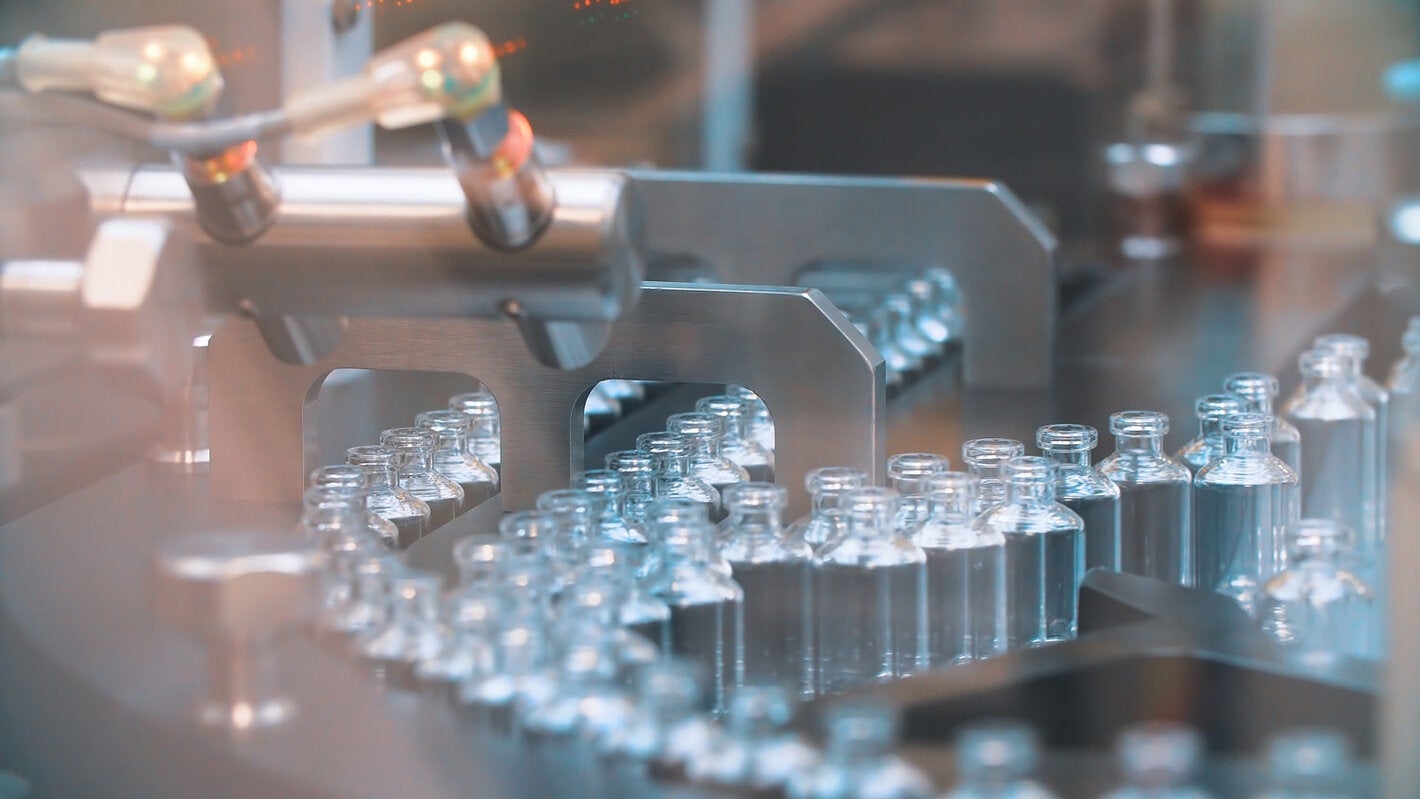
Three-day conference brought together national health and pharmaceutical regulatory authorities to discuss lessons learned from the COVID-19 pandemic and how to tackle new oversight challenges under emerging global dynamics.
WASHINGTON, D.C., 10 December, 2021 (PAHO) – In the post-COVID-19 recovery era, the role of national regulatory authorities (NRA) will be crucial to supporting access to vaccines and other vital medical products in Latin America and the Caribbean through a variety of strategies, including expanded medical manufacturing in the region.
That was a key topic discussed during this week’s 10th conference of the Pan American Network for Drug Regulatory Harmonization (PANDRH), an initiative of national health regulatory authorities in the Americas. The conference was convened by PAHO, which is the Secretariat for PANDRH.
“As regional leaders take decisions to support increased product development and production capacity, we need national regulatory authorities at the table,” PAHO Director Carissa F. Etienne said during her opening remarks at the event, referring to the manufacturing of medicines and vaccines to tackle diseases, including COVID-19. “We need to establish the processes and mechanisms to support research and development, to ensure international norms and standards are maintained in product development, and to contribute to an enabling environment that is supportive of innovation.”
Responding to the lack of access to COVID-19 vaccines in Latin America and the Caribbean, PAHO and partners earlier this year launched a regional platform to boost vaccine production within the region, focusing first on the mRNA technology used in some COVID-19 vaccines.
NRAs are pivotal to any endeavor to increase access to live-saving drugs, as they oversee the safety, quality, and efficacy of all health technologies, including pharmaceuticals, vaccines, blood and blood products, and medical devices.
“Never in the history of public health in the Americas have the collective actions of national regulatory authorities and industry been so important” Dr. Etienne said
She proposed that PAHO Member States “adopt a new strategy to strengthen national regulatory authorities’ capacities and systems” during the 2022 Pan American Sanitary Conference.
PAHO Assistant Director Jarbas Barbosa drew attention to regulatory lessons learned in the past decade, and from the COVID-19 pandemic, which required the rapid authorization of medicines and other health technologies as well as strengthened market surveillance.
“We must be prepared for the next emergency and have clear mechanisms that strengthen access, protect regulatory authorities from media and political pressures and, above all, protect society from the use of medicines and other health technologies of questionable effectiveness and substandard quality,” Dr. Barbosa said.
Dr. Barbosa highlighted that in the last decade, 32 countries have adopted institutional development plans to address gaps and improve efficiencies in health oversight. Seeking innovative approaches to overcome such structural disadvantages, health ministries of Caribbean countries – with PAHO’s technical cooperation and support from the Gates Foundation – developed the Caribbean Regulatory System, for example. Countries of Central America, on the other hand, developed a mechanism for the joint assessment of medicines that will be distributed in their markets.
Other key issues discussed at the conference included:
- improving collaboration and sharing of expertise and information between countries;
- the role of subregional mechanisms to strengthen oversight systems, especially in small states settings with limited regulatory capacity and small markets;
- the importance of well-functioning health systems to equitable access to life-saving medicines and supplies, including during emergencies;
- innovation, research, development, and manufacturing of health technologies as well as new global contexts requiring the dynamic adaptation of regulatory systems;
- strengthening an evidence-based approach for decision-making;
- strengthening market surveillance and pharmacovigilance as part of regulatory functions;
- the need for transparency to support best performance in regulatory functions and foster efficiencies.
Closing the conference, PAHO Deputy Director Mary Lou Valdez noted that “regulatory authorities have been central to the delivery of and access to much needed vaccines and supplies during the COVID-19 pandemic. These will remain critical as countries grapple with recovery and rebuilding efforts, including expanding manufacturing capacity in our own Region.”



